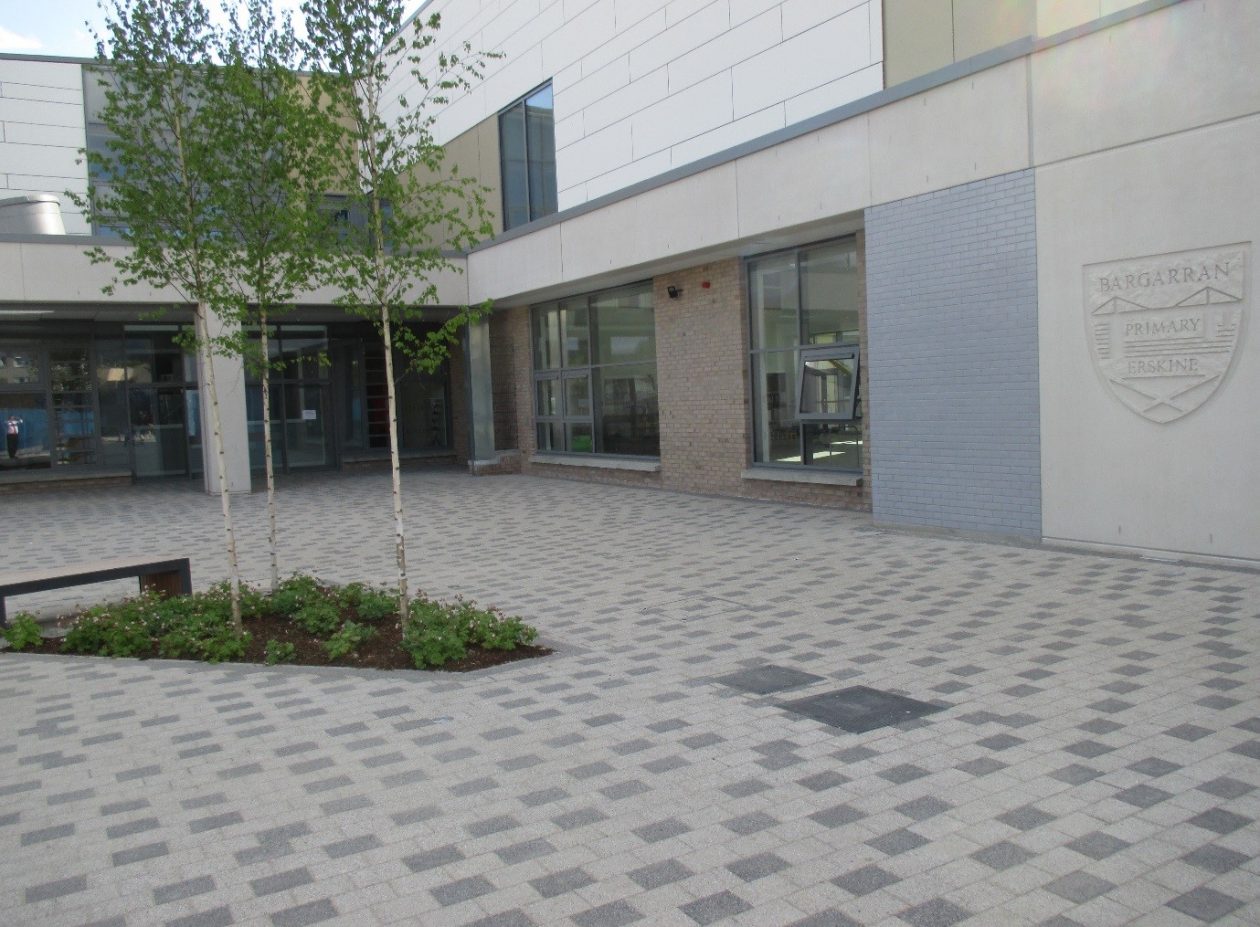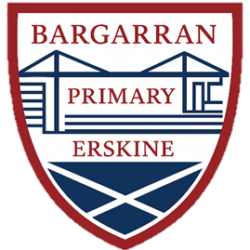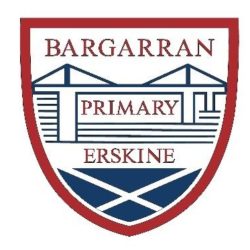Numeracy & Mathematics play a vital role in our daily lives, helpings us to understand the world around us. Mathematics plays a key role in the development of science and technologies and is vital to research in engineering, computer science, medicine and finance. Learning in Numeracy & Mathematics helps pupils access other areas of the curriculum and develops skills in problem solving, logic, reasoning, creativity and abstract thinking. Learning in this area is also key for pupils developing skills for learning, life and work.
The Numeracy & Mathematics curriculum is structured under the following categories and covers the topics below:
Number, Money & Measure
- Estimation and rounding
- Number and number processes
- Multiples, factors and primes
- Powers and roots
- Fractions, decimal fractions and percentages
- Money
- Time
- Measurement
- Mathematics – it’s impact on the world, past, present and future
- Patterns and relationships
- Expressions and equations
Shape, Position & Movement
- Properties of 2D shapes and 3D objects
- Angle, symmetry and transformation
Information Handling
- Data and analysis
- Ideas of chance and uncertainty
More information on the Curriculum for Excellence approach to Numeracy & Mathematics can be found here: Numeracy & Mathematics: Principles and Practice
At Bargarran, we provide pupils with Numeracy & Mathematics learning that allows them to develop procedural fluency with a concept; make connections with other areas of learning and behave mathematically. These learning opportunities allow pupils to reason, enquire, conjecture and discuss their thinking with others.
Through our Numeracy & Mathematics teaching at Bargarran, we aim to:
- Give pupils a strong conceptual understanding of Numeracy & Mathematics, using concrete-pictorial and abstract approaches
- Provide a learning environment which encourages a positive Maths Mindset
- Enable pupils to use a wide variety of strategies to solve problems
- Provide opportunities for pupils to develop their knowledge in a variety of contexts
- Demonstrate the real life application of Numeracy & Mathematics skills
We use a range of approaches and resources to support us with these aims:
Concrete-Pictorial-Abstract Approaches
Throughout the school, pupils are encouraged to explore new concepts using a Concrete-Pictorial-Abstract approach (C-P-A). This means that pupils are supported to demonstrate their understanding using concrete materials such as base ten blocks or counters. This understanding is then developed to represent the same concept using a pictorial format. Once these representations have been established, pupils will then solve problems in their abstract form, using the concrete and pictorial representations to aid their understanding of the process. Using a C-P-A approach helps pupils to develop a depth of understanding.
Number Talks
Throughout the week, pupils engage in Number Talks sessions. These sessions involve purposeful classroom conversation based on a numerical mental maths problem. Pupils are encouraged to solve a problem, using a strategy of their choice, and then share their mathematical thinking with the class. Pupils are encouraged to find multiple strategies relating to a problem and to justify the strategies they have chosen. Listening to their class mates explain their strategy is an important part of the Number Talks process. The aim of these sessions is to help pupils develop confidence with a range of strategies and develop flexibility in their approach to solving problems.
S.E.A.L.
S.E.A.L. Maths (Stages of Early Arithmetical Learning) is used throughout the school, particularly in the infant stages. The approach involves small group teaching of core numerical concepts and is highly effective due to the close observation of each child’s actions and responses. Through S.E.A.L., pupils develop a range of strategies that they can use to solve problems. These strategies increase in sophistication as pupils progress through the stages of S.EA.L. learning.
Big Maths Beat That
Big Maths Beat That is a mental maths challenge that pupils from P2-7 enjoy taking part in. Pupils are encouraged to practice the ‘learn its’ associated to their stage. These ‘learn its’ include addition, subtraction and multiplication facts that are quick to recall. Learning these helps pupils to develop confidence with basis mental arithmetic. Once a week, pupils take part in a ‘Beat That Challenge’ where they are asked to complete as many questions as possible in a given time. Pupils warm up for this task using a fun and catchy jingle that helps get the brain juices flowing!




